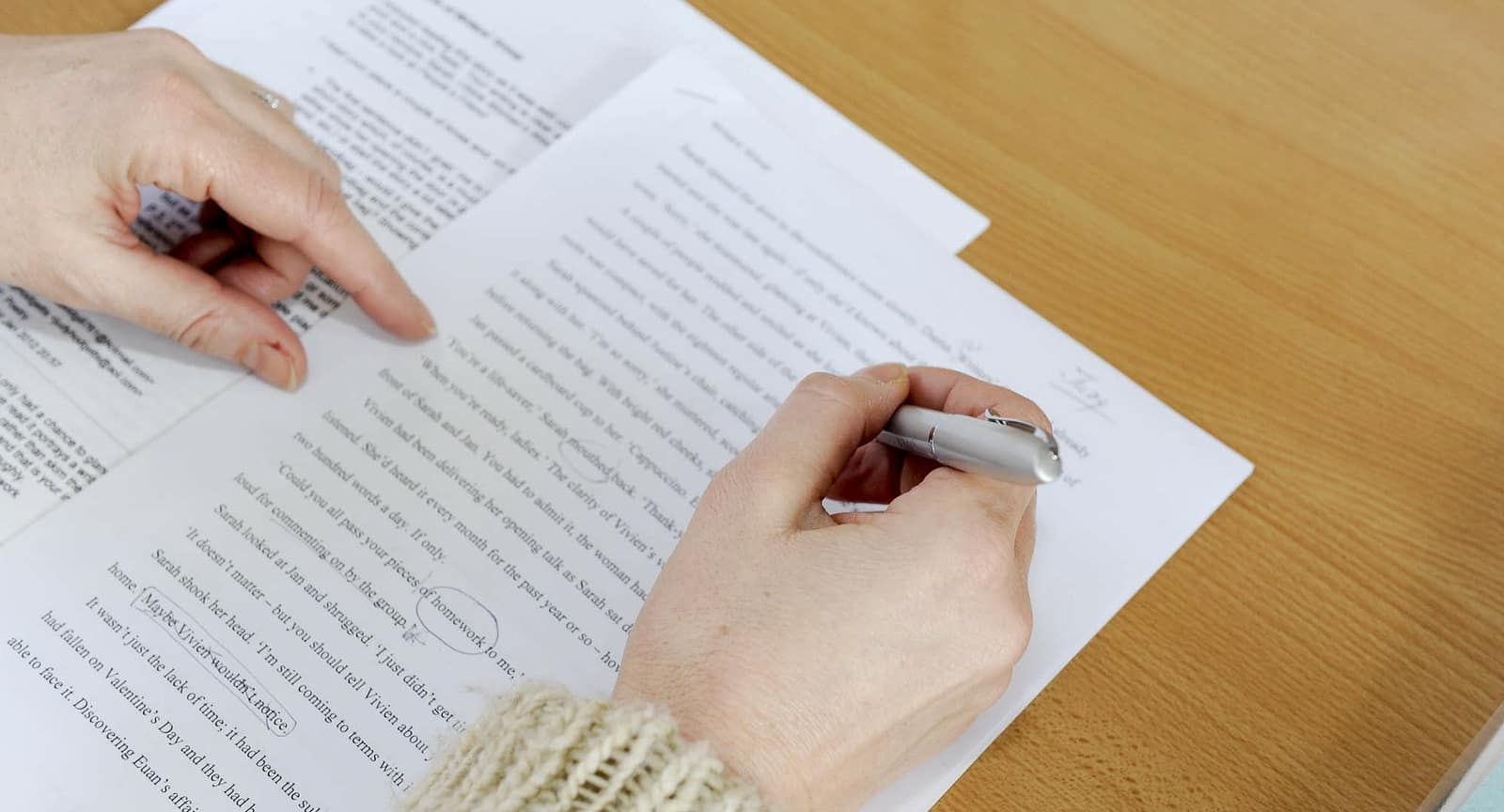GET IN TOUCH
Please contact us for more information. Our email is monitored seven days a week and we will get back to you shortly.

It’s not uncommon for will writers to want to make changes to their will at some point. In fact, will writers are encouraged to frequently review their wills and make changes where necessary. Sometimes, will writers are in a different city than the hard copy of their will, or can’t access it. A question that arises is: “can someone make a change in my will for me, if I authorize and certify it?”. In short, no – the will writer is the only person who is able to make changes to their will. In this blog, we’ll look at the different ways that will writers can make valid changes to their wills and when the courts will make changes to wills.
Will writers can make changes to their existing will by either making a codicil or re-writing the will altogether. A codicil is a supplementary document which specifies the changes the will writer wishes to make to the original will. Whether creating a codicil, or a whole new will, the changes must be written, signed by the will writer in the presence of two or more witnesses and signed by these witnesses.
When will writers follow the proper procedures, it’s relatively easy it make a legally valid change to their will. Complications arise when will writers don’t have their changes witnessed, assuming the previous witnessing of the document is still valid. When this happens, the courts are sometimes able to validate the change. The change must be clearly representative of the writer’s final intentions. As seen in a recent BC case, using white-out could be ruled to be a valid change to a will.
A common misconception people have is that their power of attorney (POA) is able to make modifications to their will. A POA is given the authority to make financial and legal decisions on someone’s behalf. However, POAs are never authorized to make edits to their testator’s will. This is important because POAs are often appointed when someone is most vulnerable, being of old age or poor health. Further, no spouse, child, or any family member is able to make an edit to another person’s will.
The will writer must be present at the time of any edits being made and able to sign the document. Only the writer of a will has legal authority to make edits to it. Family, POAs and friends can persuade a will writer, but they can’t physically make the provisions or place undue influence on the writer to make changes.
In some cases, BC courts will vary a will when it’s ruled to be unfair. This isn’t a traditional change to the will, as it is done after the writer has passed away. In BC, children and spouses of will writers are entitled to ‘adequate provision for the proper maintenance and support of their lives’ from the estate. When a will writer fails to make this provision, the courts will vary the will to remedy this. A recent case in BC demonstrates when the courts would vary a will to provide for children who have been unfairly disinherited.
The courts can also rectify a will when it’s believed that there was an error made by the will writer. The claimant must be able to prove that the error wasn’t reflective of the will writer’s final intentions.
If you’re in a scenario like the one above, seemingly unable to make a change to your will, there are other options available. If you’re in a different physical location than your original will, you could re-write the will exactly as you had before. In this new will, you would need to include a provision stating that you’re intending to revoke any previous wills you have written. If you are physically unable to write a will, you can have someone assist you in the preparation. In order for this to be valid, you, the will writer, must be present, and understand and approve of the contents of the will. Further, a signature is still mandatory.
If you wish to make a change to your will, contact an experienced estate lawyer today. We will ensure that any change you wish for is a valid change and your will won’t be questioned or modified upon your passing.
Have a question about this topic or a different legal topic? Contact us for a free consultation. Reach us via phone at 250-888-0002, or via email at info@leaguelaw.com.